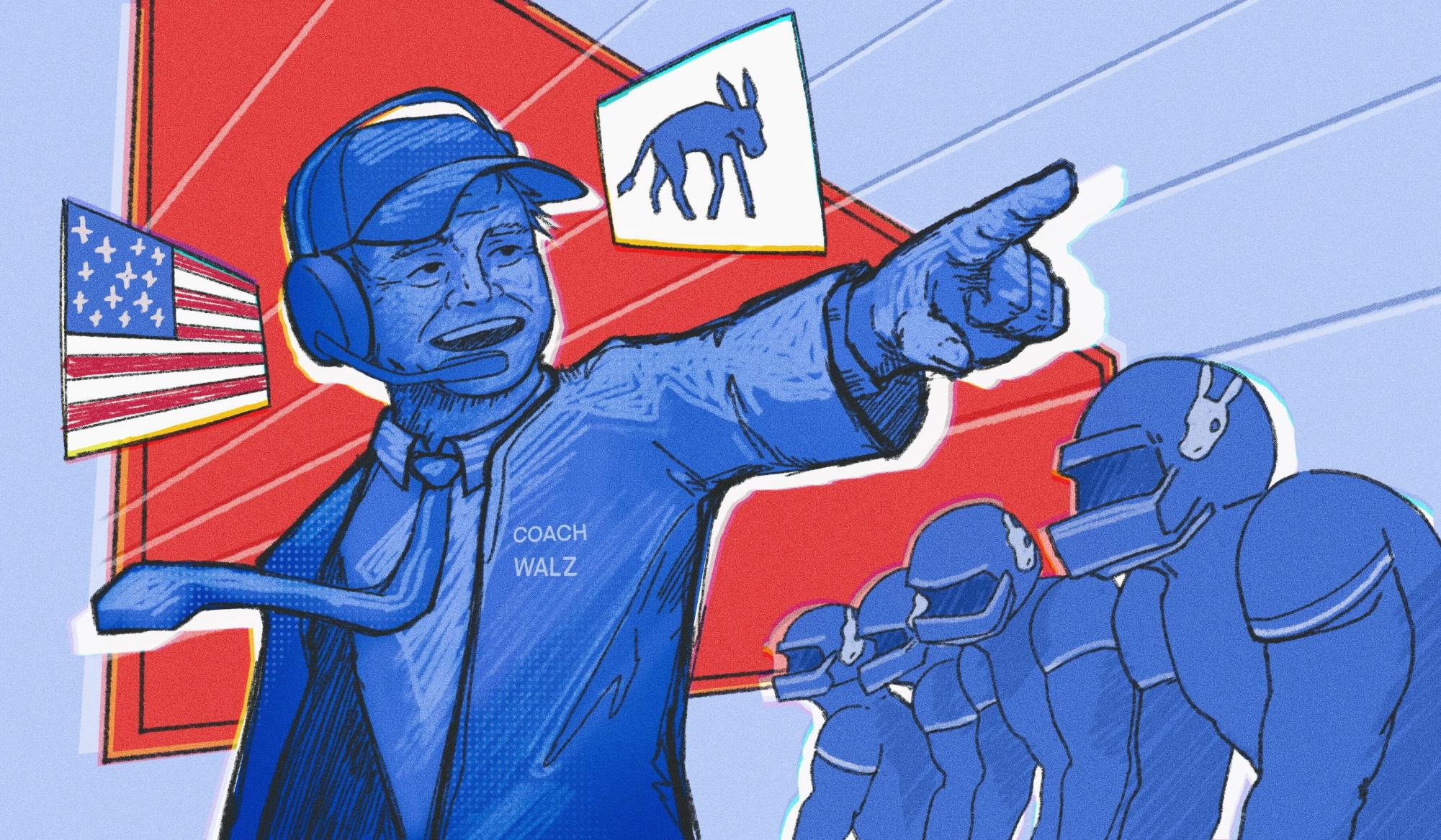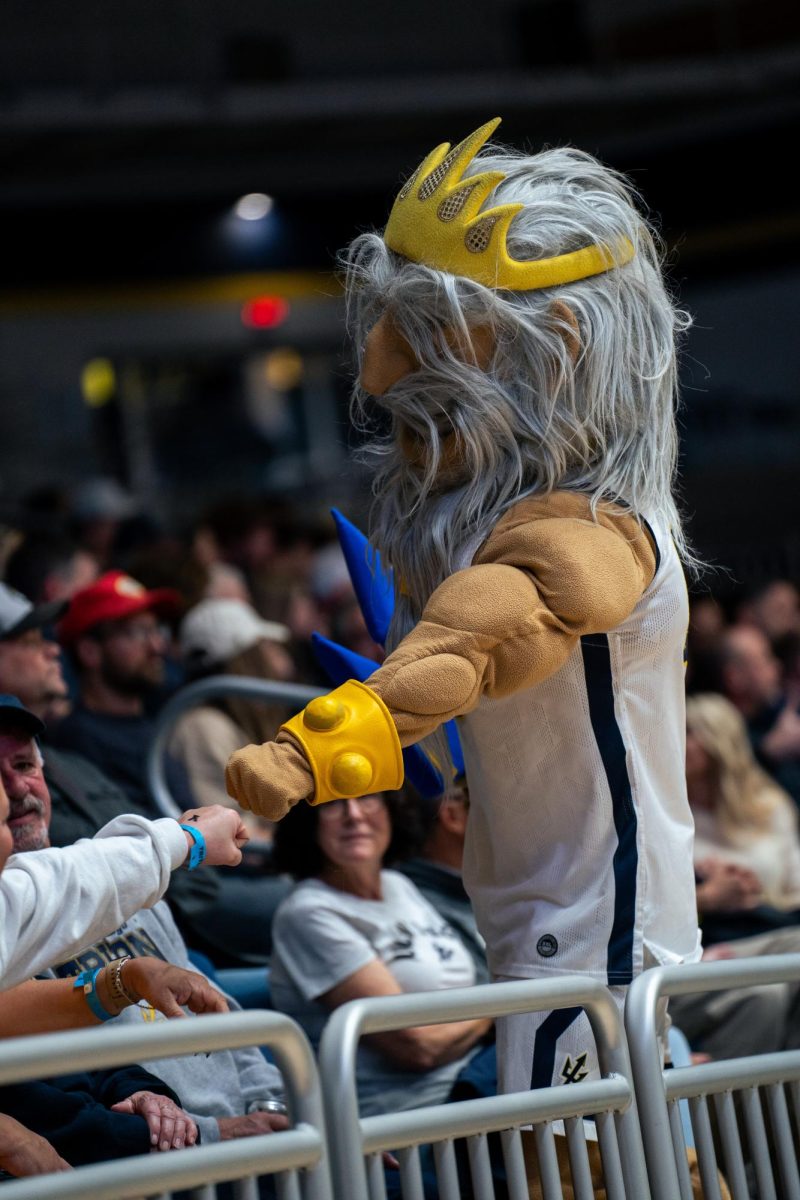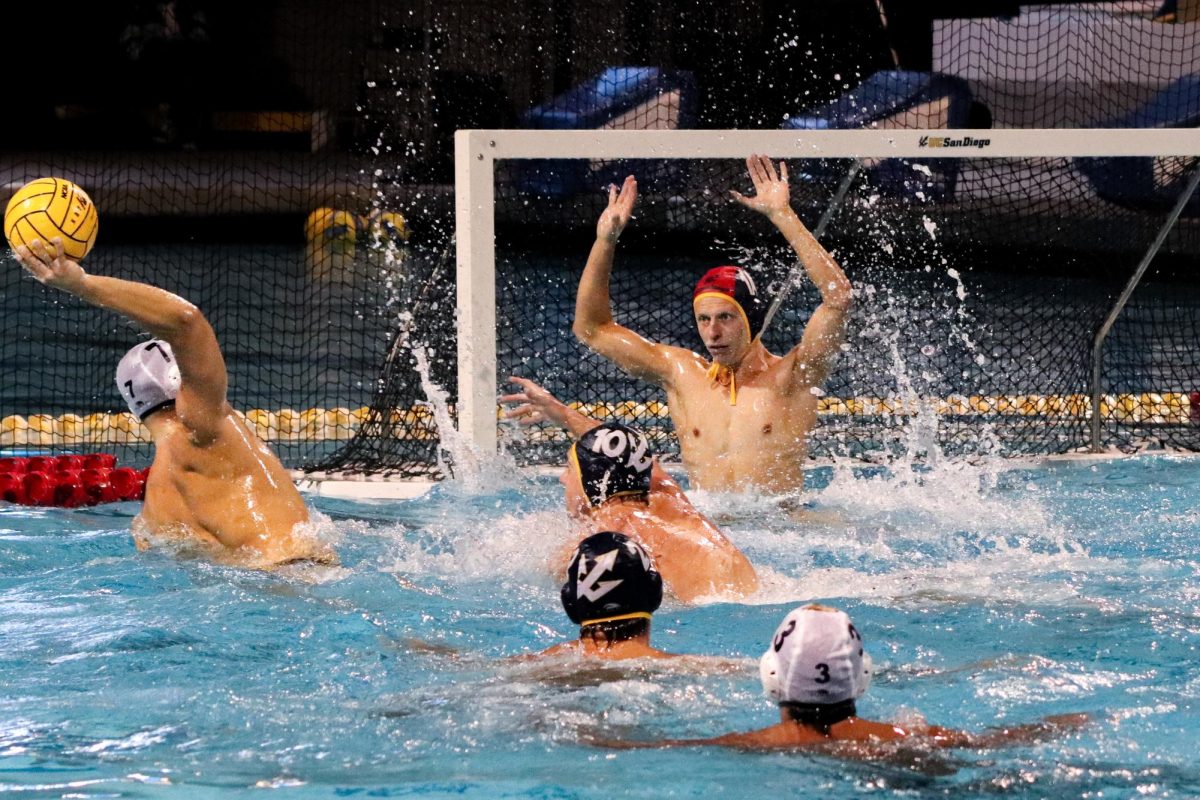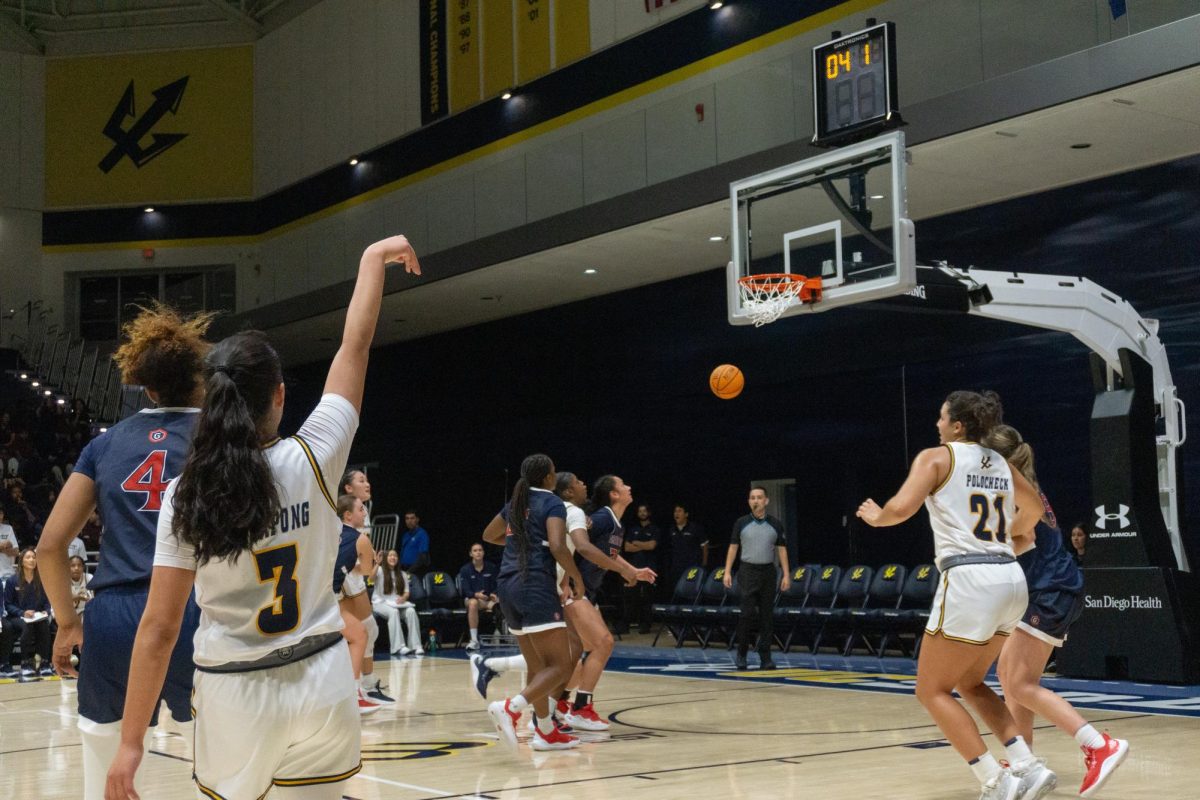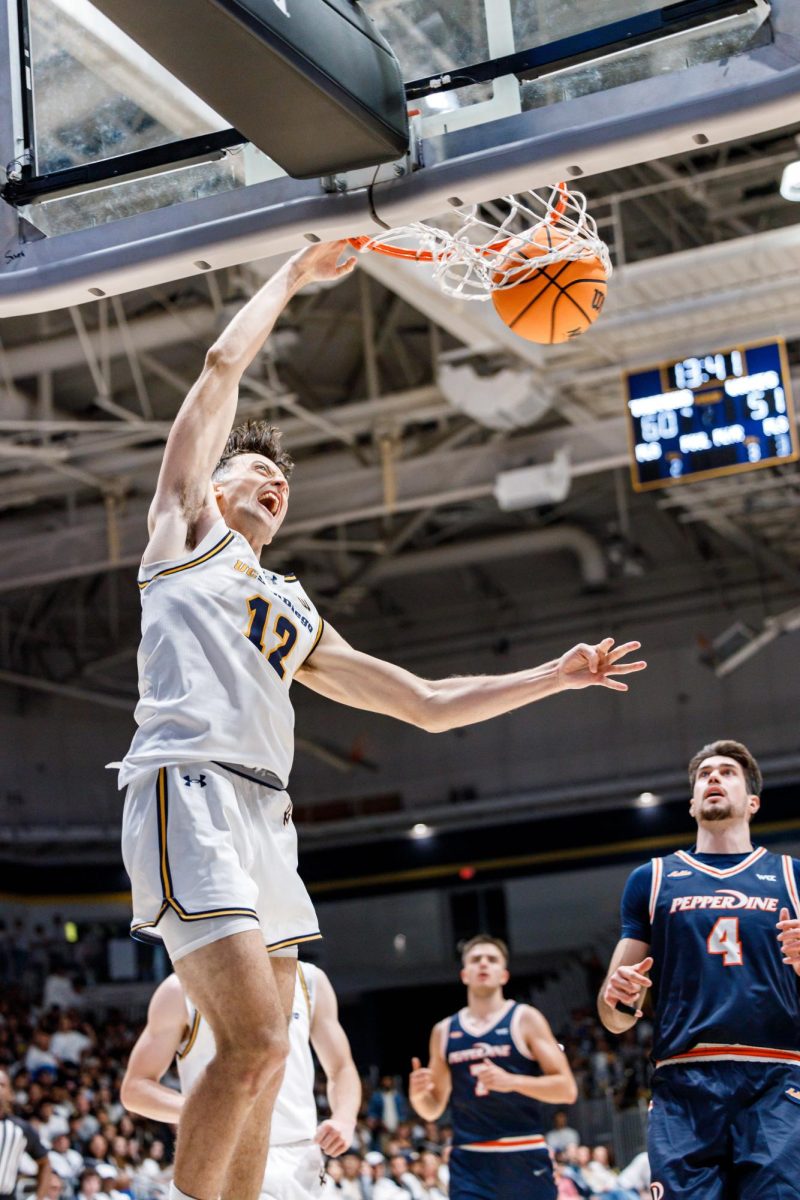In a world of echo chambers and personalized algorithms, football — perhaps rivaled only by the Olympics — is a lasting remnant of a bygone American monoculture. Over the years, right-wing politicians have capitalized on the country’s sports obsession. In 2024, however, football was claimed by the left.
Indisputably, in everything but name, football is America’s true national pastime. In 2023, 93 of the top 100 most viewed broadcasts in the United States were NFL football games. Three more came from college football, and the Super Bowl pregame show was 92nd on the list. For those keeping score, that means a mere two non-football events cracked the top 100 last year: the State of the Union Address at No. 21 and the Macy’s Thanksgiving Day Parade at No. 45.
During election season, campaign staff exploit football’s popularity across the political spectrum. Unlike live sports, movies and television have moved to streaming services, where political advertising is more targeted. This fall, football watchers were inundated with Republican-sponsored ads to “keep biological men out of women’s sports.” Sports-related messaging was mostly the exclusive domain of the GOP — until this year.
Tim Walz is the helmsman of Democratic football-ification. His adopted title is almost laughable at first glance. Walz has foregone traditional descriptors for a vice presidential candidate, eschewing “former representative,” “governor,” and “command sergeant major.” Instead, almost laughably, he goes by the only title that seems to command more reverence than “military veteran”: football coach.
Coach Walz’s chosen moniker demonstrates how important football — that uniquely American game — is to our popular culture. Further, it is a Democratic embrace of a sport that the party may have once shunned.
This shift may surprise non-football fans on the left. To some, football is considered inherently conservative; outsiders might associate the sport’s demographic with backlash against Colin Kaepernick’s national anthem protest, indignation at “End Racism” being painted in NFL end zones, and outrage over 2024 first overall pick Caleb Williams’ painted fingernails. Other observers might view the sport as a hub for toxic masculinity, breeding a misogynist culture fomented by Trump-esque “locker room talk.” In all fairness, it is impossible to ignore the vocally-MAGA Nick Bosas of football and the coach-turned-Senator Tommy Tubervilles in U.S. politics.
However, reality is different from this perception. Data suggests the NFL is America’s least partisan sports fanbase; fall and winter weekends are beloved on both sides of the aisle. College football — dominated recently by the likes of Alabama, Georgia, and LSU — might appear more right-leaning than the NFL. Yet, College Gameday is just as comfortable in Berkeley and Eugene as Tuscaloosa and College Station. The gridiron is mostly nonpartisan and perhaps even unifying.
The Harris-Walz campaign has recognized this to an unprecedented extent in left-wing American politics. There has been a definitive attempt to alter the narrative that Democrats are educated, coastal elites too busy canceling the past to bother watching “sportsball.” No, Democrats can be state champion defensive coordinators in rural Minnesota. Democrats can grab a beer and talk sports. Democrats do “know ball.”
Recent Harris ads in Pittsburgh and Philadelphia relied heavily on football-related imagery. Many of the Pennsylvania swing voters that decided the Presidential election are sports fans, just as they are in Michigan, or Wisconsin, or Georgia, or Arizona. In an increasingly stratified United States, the gridiron remains both universal and relatable. This holds especially — but certainly not exclusively — true for men, who made up a significant chunk of the voting bloc that returned Donald Trump to the Oval Office.
Did the Democrats’ shift realistically change the outcome of the election? Probably not. At best, their strategy was ineffective. At worst, it was detrimental. Yet, the rise of “Coach Walz” is meaningful, if only as a sign of what the Democratic Party wanted to represent this election cycle: relatability. The Harris-Walz campaign hoped to contrast football coaches — a group of teachers, mentors, and counselors to this country’s youth — to, in his words, a “weird” GOP.
The Democrats’ loss won’t end their quest for relatability, even if it takes a different form. The ever-expanding gender gap is concerning for Democrats’ electoral ambitions; to win in 2028, the left will want to stem young men’s rightward shift. While Tim Walz is temporary, football is permanent. Expect football-ification — an appeal to those who cared more about Tuesday’s College Football Playoff poll than election results — to endure.
However, it seems like the Trump campaign’s own sports-related messaging proved more convincing to voters this cycle. In the Harris-Walz campaign autopsy, some pundits might therefore claim that culture war issues simply proved to be more salient in the suburban, white Midwest than Walz’s jovial coach persona.
A more likely culprit: voters’ hatred of inflation trumps all.



